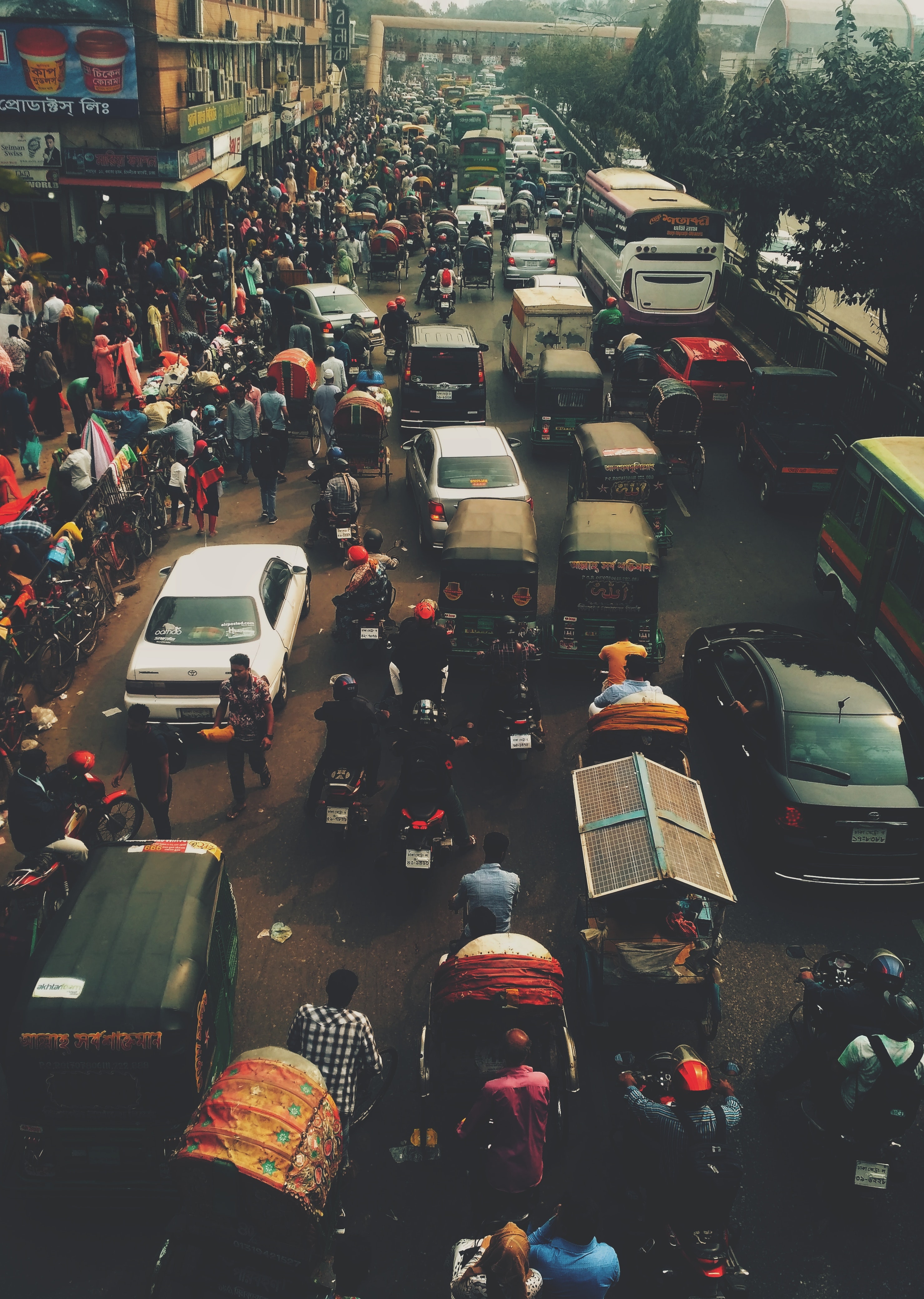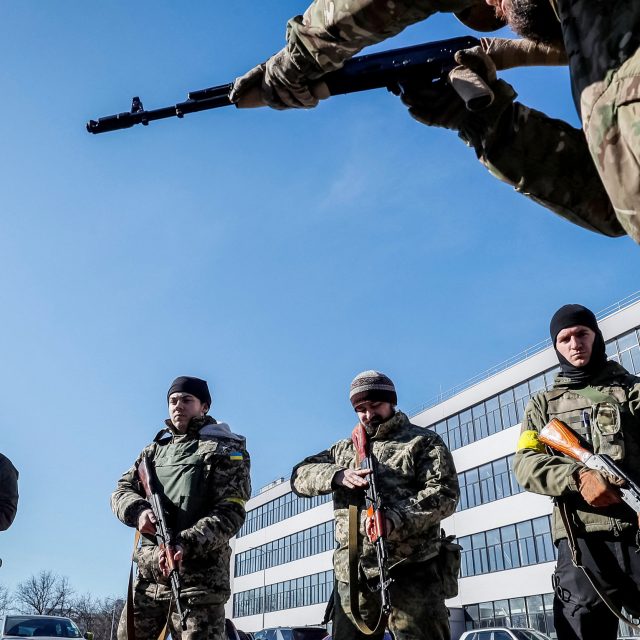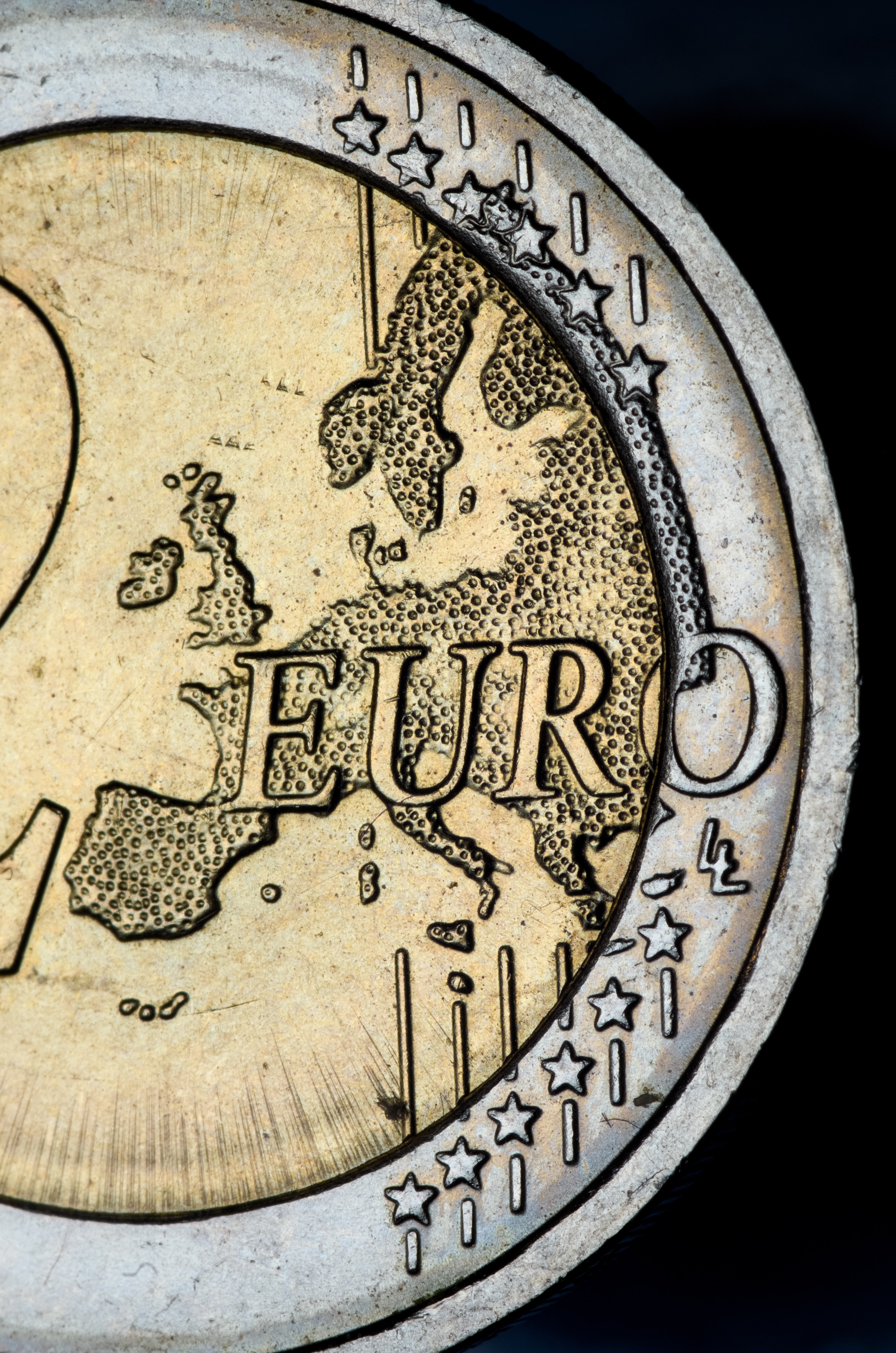Photo by Niloy Biswas on Unsplash
Bangladesh is set for potentially explosive parliamentary elections in late December, a poll vital not just for the country’s own future but, it could be argued, also for the EU and wider international community.
The reason is that it is felt that victory for the largely pro-India and pro-West incumbent government is likely to see Bangladesh looking further West in the coming years.
While less is currently known about the intentions of the opposition Bangladesh Nationalist Party (BNP) it could, if victorious, possibly see Bangladesh lean more towards China and Russia.
The election is not until the end of the year but, already, there have been numerous demonstrations and violence in a tense pre-election period.
The violent unrest across this densely populated country – and fears of more disorder – is one reason why the European Parliament recently sent an MEP delegation from its foreign affairs committee to Bangladesh. The Euro deputies met with representatives of the ruling Awami League party and urged the opposition to reconsider its threat to boycott the election.
Elections must be held no later than December 31 and Bangladesh has a new Election Commission that is charged with administering free and fair elections. This, MEPs and others hope, could play a role in determining whether democracy will flourish or founder in Bangladesh.
The EU has, in the meantime, also urged all parties to refrain from violence.
Bangladesh is a poverty-stricken country with a population of 165m and is vulnerable to flooding and cyclones.It has provided shelter to about one million Rohingya refugees who fled persecution in neighbouring Myanmar following a military crackdown against the Rohingya ethnic minority.
But the country’s $416 billion economy has been one of the fastest-growing in the world for years and the current Bangladeshi government, a coalition of centerist political parties led by Prime Minister Sheikh Hasina, is credited with achieving significant progress in various areas since coming to power. Key achievements range from economic and social development to digitalisation, with the aim of transforming Bangladesh into a digital economy. Progress has been made also in the energy sector, with the aim of increasing access to electricity and reducing dependence on fossil fuels and there have been efforts to strengthen Bangladesh’s relationships with other countries.
The BNP is the country’s largest opposition party,led by Khaleda Zia,and Obaidul Quader, Awami League General Secretary, is among its critics, accusing it of being unwilling to participate in the election.
“BNP,” he said, “is sensing defeat in the elections and is destabilising the country.”
The most recent violence includes an incident on 7 March when at least 15 people were killed and several others injured in an explosion in a crowded market area in Bangladesh’s capital Dhaka.
PM Sheikh Hasina, who started a third term as prime minister in January 2014 after her Awami League won elections, has pledged that the December elections will be “credible, free and fair.” She herself fallen victim to violence in Bangladesh that is currently such a concern for the EU and West with several members of her family having been assassinated over the years.
She remains, however, firmly supportive of minorities and is strongly pro-India, an approach that has won her the support of the West.
A Brussels-based EU source said there is a consensus that for the good of regional stability it is deemed important to “maintain the status quo” in Bangladesh after the elections. This is not to under-estimate, he noted, problems facing the country which include attacks on freedom of the press and human rights abuses – last December, the United States called on the government of Bangladesh to fully investigate reports of violence against journalists and human rights activists.
“However,” the source added, “It is clearly not desirable for Bangladesh to be unstable so these elections are vitally important for the West, including the EU, as well as Bangladesh itself.”
Bangladesh’s democracy has an unusual feature. In its general elections, voters elect 300 members of its unicameral national parliament. Those 300 members in turn vote exclusively for women to fill the remaining fifty seats in parliament. Formerly East Pakistan, Bangladesh came into being only in 1971, when the two parts of Pakistan split after a bitter war which drew in neighbouring India.




